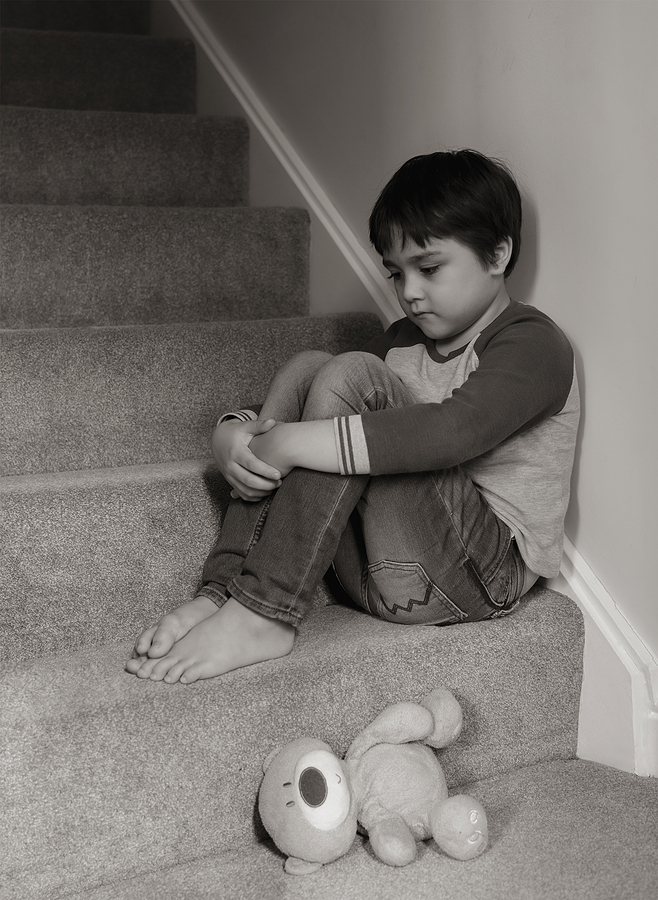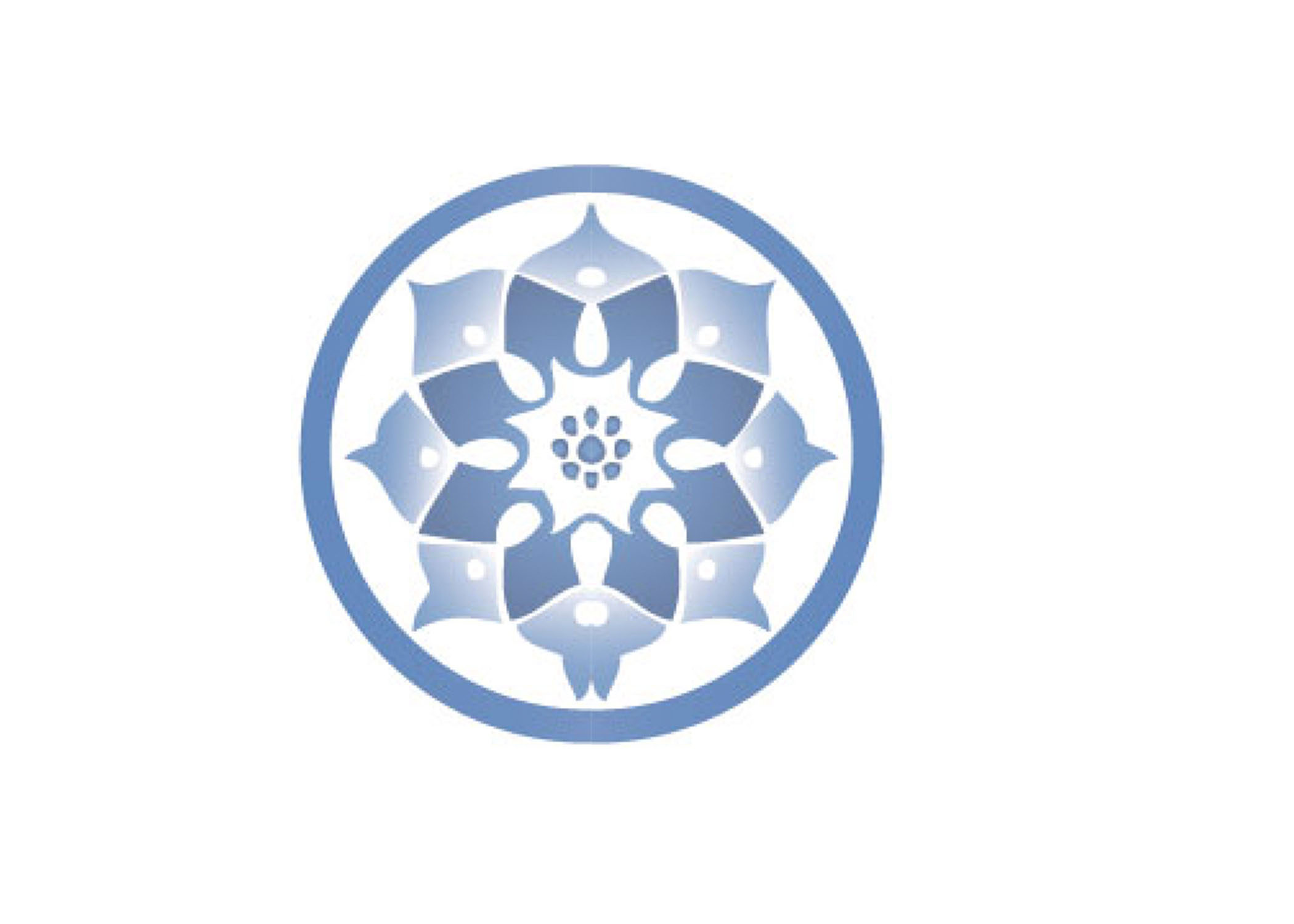“Any relationship can live in a duality. Our parents can give us love, joy, and amazing memories, while also unloading a lot of their [stuff] onto us and unleashing trauma that follows us into our adult lives. That’s true no matter how privileged you grew up, or how rough you had it. It’s on us to do the work, forgive those who might have hurt us, and heal, so that we can stop the cycle rather than project our [stuff] onto our children or the other important people in our lives. Generational trauma is real, and being the person who slows it down or stops it in its tracks—that is noble work. And it’s critical work on any journey of self-love.”
—Cody Rigsby, XOXO, Cody, p.154
Peloton cycling instructor Cody Rigsby is a lot like many Adult Children of Alcoholics (ACoAs)*, Adult Children of Narcissists (ACoNs), or others who grew up in families in which the parents’ needs were met at the expense of the children’s needs.
For ACoAs, during the time when kids are supposed to be kids and parents are supposed to be parents, the roles get reversed; the kids end up taking care of the parents (physically and/or emotionally) instead of the other way around. These children learn to take on adult responsibilities and can become quite skilled at functioning in the world. Unfortunately, they don’t grow up emotionally because their parents, who never grew up emotionally either, weren’t able to model emotionally healthy behavior for their kids.
These kids’ lives are often unpredictable and frightening. They never know what to expect from day to day. Will Mom be happy and take me out for ice cream, or will she be angry and send me to bed without dinner? Because there is essentially no rhyme or reason to the parents’ behavior, the kids live in a constant state of anxiety, walking on eggshells, hoping to escape negative attention, wishing for positive attention. They feel like it’s their job to make their parents happy, but they have no idea how to do it.
As adults, ACoAs continue to care for others compulsively, hoping that they will be taken care of in return. They often end up resentful when this doesn’t happen. Add this to the resentment that comes from never really having had a childhood, and you have the recipe for low self-esteem, depression, anxiety, and a host of other issues.
It can often be difficult for people who grew up in a family like this to believe they have a right to be upset about their childhoods. If they weren’t abused physically or sexually, they often don’t feel like anything really bad happened. They tend to compare their childhoods to others and decide that their childhoods were just fine, thank you very much! They ignore the feelings of sadness, anger, and loss because they assume that these feelings are useless and unjustified. And even if they think their feelings are justified, they figure nothing can be done, since it’s not possible to go back and change history. But although it’s correct that no one can change the past, it is possible to change the future.
So, what do I suggest that you do?
Learn to set boundaries to protect yourself, as Cody Rigsby learned to do. Realize that you cannot change another person; you can only change yourself. And find other people who can understand you and support you because they’ve been there themselves.
Then learn to acknowledge and accept your feelings rather than just trying to ignore them and “get over it.” Honor and accept the ways you learned to survive as a child, even if they’re not working for you anymore. Be willing to listen to that part of yourself that’s still a child, and let that child feel and express their feelings without being ridiculed or told to be quiet. You don’t necessarily need to blame your parents for how they raised you; chances are they did the best they could. You do need to accept that you didn’t get what you needed, though, and then accept the fact that you are the only one who can give yourself those things now.
If you recognize yourself in what I’ve said here and would like to make an appointment, please call me at 410-888-0590 or email me at jenniferbeall.lcpc@gmail.com.

*For simplicity’s sake, I will use “ACoA” to refer to all of the groups mentioned here.
Reference:
Rigsby, Cody. XOXO Cody: An Opinionated Homosexual’s Guide to Self-Love, Relationships, and Tactful Pettiness. Ballentine Books, 2023.
